Source: Listings To Leads

More than ever, people are attracted to investing in real estate. Owning an investment property can be a great financial asset and a practical method to receive passive income.
For those considering investments in rental properties, knowing what to expect can set you on the right path. Far too many new investors make simple mistakes that cause major financial loss and legal burdens. In this guide, you’ll learn the basic requirements that must be met for you to successfully buy and manage your first investment property.
WHAT IT TAKES TO BE A LANDLORD
Buying rental property means you’ll be in charge of managing the property
as well as the tenants. This means the job is on you to handle any repairs,
conflicts, or legal matters that arise. Not everyone has what it takes to be a
rental property owner. But if you do, here’s what it takes to be a good
landlord.
Managing your investment property requires:
- Correctly financing the new property.
- Marketing and selecting prospective tenants.
- Having an attorney to help with legal agreements.
- Collecting rent, deposits, and fees.
- Paying all expenses and balancing profits.
- Enforcing rules, rental contracts, and liabilities.
- Proper bookkeeping, accounting, and tax records.
- Maintaining repairs and hiring professional services (plumbing, pest
control, etc.). - Establishing an emergency action plan.
- Knowing how the eviction process works.
- Abiding by your local landlord and tenant laws.
QUALIFICATIONS FOR BUYING INVESTMENT PROPERTY
Like most property or home buying requirements, there are some standard
qualifications you must meet in order to purchase an investment property.
Buying Vs Financing
First, Decide If You’re Planning To Buy Or Finance. Many Real Estate Experts Suggest Only Investing In Rental Properties If You Can Purchase The Property Outright. However, Plenty Of Prosperous Investors Decide To Finance Instead, Or “leverage” By Taking Out A Mortgage.
Pre-approval
If You Decide To Go The Financing Route, First Get Preapproved For A
Mortgage. This Way, You Know What Your Budget Will Be And Can Begin
Looking For Realistic Options.
Fixed-Rate Loan
- A more predictable long-term loan.
- Interest rates don’t change over time. They remain fixed.
- Credit score requirement starts at 620.
- Minimum down payment of 15%, or 20% for 720+ credit score.
Adjustable-Rate Mortgage (ARM)
- Typically, a 30-year loan.
- Fixed, low introductory interest (typically the first 5-10 years). Interest rates change after the fixed period ends.
- Credit score requirement begins at 620.
- Minimum down payment of 15%.
CHOOSING AN INVESTMENT PROPERTY
You’re ready to purchase. But where and when should you buy? Here are the main things to look for in a profitable investment space.
Long-term Roi
Your Return on Investment (ROI) is the top priority in your investment decision. Keep this in mind when choosing which property to invest in. Avoid jumping into the first vacant spot you can afford.
Consider your ideal renters
Do you want recurring, short-term tenants in a tourist vacation spot? Would you rather market to young, successful entrepreneurs in metropolitan areas? Would it be more profitable to invest in property within retirement communities? Consider your ideal renter demographic.
Location
“Location, location, location” is a common phrase in the real estate investment market. Since a property investment doesn’t need to coincide with your primary residence, you can choose from a larger variety of locations.
Prices and expenses
Crunching the numbers beforehand will prepare you for making the best decision on which property to buy, and where. Knowing about the local property tax, job market, amenities, and average rent will help you determine your prices and line them up with your expenses.
Condition and upkeep
Is the property a fixer-upper that will require large repairs upfront? Weigh your options and conduct proper inspections for your serious prospects before signing the dotted line.
REWARDS, OBLIGATIONS, AND RISKS
Like most property or home buying requirements, there are some standard qualifications you must meet in order to purchase an investment property. Some rewards include:
- Passive income. You earn money from renters while still generating your regular income.
- Tax-deductible interest payments for rental property.
- Investments in real estate tend to be far less volatile than the stock market.
- You make real-life decisions that affect the potential of a tangible asset.
- Options to put earnings into a self-directed IRA.
- You can physically and financially contribute to improving your local
community.
Be aware of obligations and risks, such as:
- Initial purchase costs can be high.
- The property— and any upkeep required— is your responsibility.
- You’re committed to the property long-term. You can’t just sell it if things get complicated.
- Tenants can be difficult to deal with. If someone isn’t paying their rent, it’s still your job to cover all property expenses.
- You might be subject to taxes on net rental income, depending on your salary or location.
- Many investors go into real estate with unrealistic expectations, which causes many to quit early and fail.
If you’re in the market for buying your first investment property, getting help from a professional mortgage broker can make the process less confusing. Trying to go at it alone is one mistake many new investors make that leads to failure. Contact me today to learn more about successful property investment.
